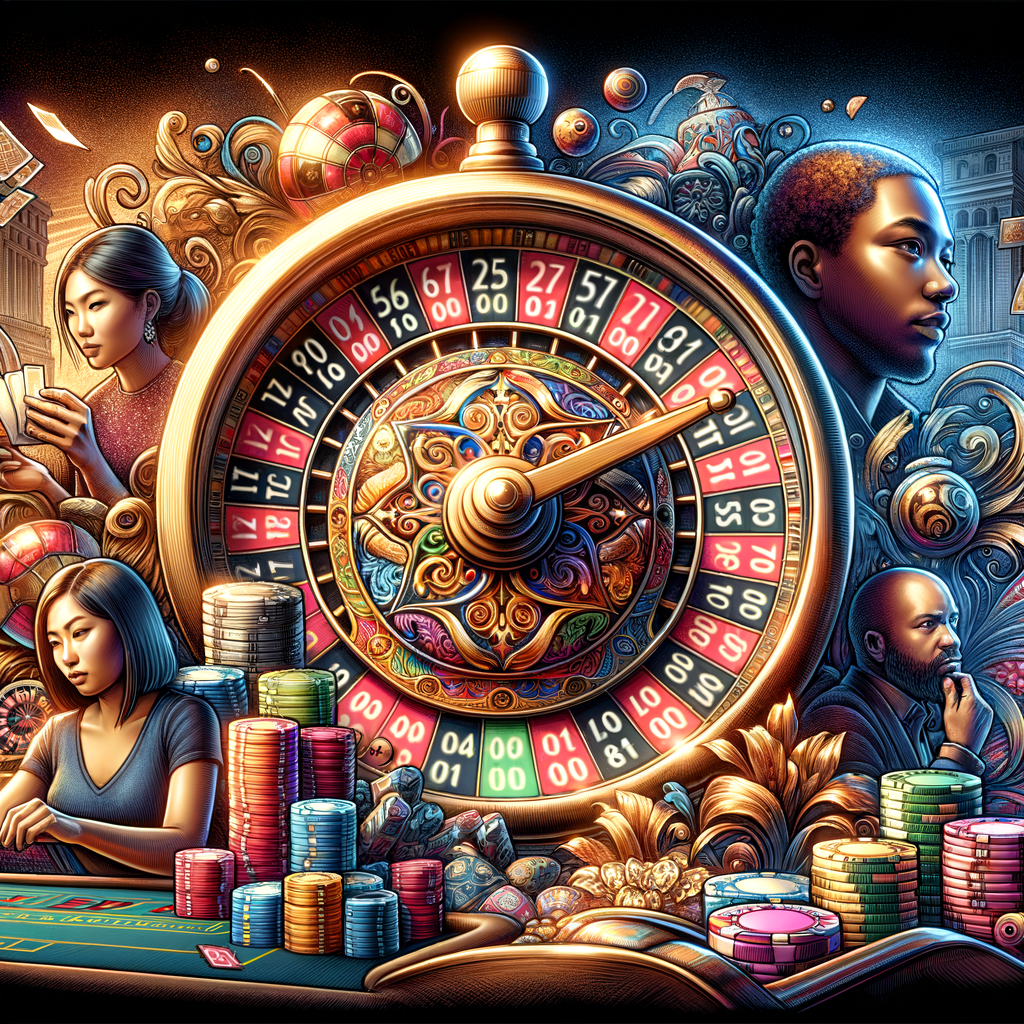Sports betting is no longer just a game of chance—it’s a calculated discipline that combines data analysis, bankroll management, and deep knowledge of sports. For advanced bettors in the United States, developing a refined sports betting strategy is essential to outsmart the market and secure long-term profits.
Understanding the Foundation: Beyond Basic Betting
To truly excel in sports betting, you must understand that success is built on consistent decision-making, not lucky breaks. Most casual bettors rely on gut feelings, but seasoned bettors use statistical models, historical performance data, and market analysis.
Types of Sports Bets
| Bet Type | Description | Best Used When |
|---|---|---|
| Moneyline | Betting on which team/player will win | When you’re confident about the winner |
| Point Spread | Betting on margin of victory | When the game is balanced but you see value in performance margin |
| Totals (Over/Under) | Wagering on combined score | When you predict high or low-scoring games |
| Props | Bets on individual performance/events | Useful when you study specific player metrics |
Advanced Techniques for U.S. Bettors
1. Bankroll Management
This is the foundation of a sustainable betting strategy. Professionals rarely bet more than 1–2% of their total bankroll on a single wager. This protects them from ruin during inevitable losing streaks.
2. Line Shopping
Different sportsbooks offer slightly different odds. Advanced bettors use odds comparison tools to find the best value. Even small differences in odds can have a significant impact on long-term profits.
3. Implied Probability
Convert odds into implied probability to compare with your predicted probability:
- Decimal odds:
1 / decimal odds - Example: Odds of 2.00 imply 50% chance
If your research gives a 60% chance and the implied probability is 50%, this is a value bet.
Modeling and Prediction Tools
Professional bettors often build or subscribe to predictive models based on past data. These models simulate thousands of outcomes based on variables like team form, player injuries, and weather conditions.
Example of Variables Used:
- Win/loss ratio (home/away)
- Average goals scored/conceded
- Betting line movement
- Rest days and travel
These metrics feed into proprietary algorithms that flag bets with positive expected value (EV).
Mid-Article Insight
As you sharpen your approach, it’s essential to explore external guides and platforms that consolidate expert insights. One such comprehensive resource is this sports betting strategy guide—perfect for bettors aiming to refine their game through odds analysis and value identification.
Psychology of Betting
Betting is not only statistical—it’s psychological. Even advanced bettors struggle with tilt, overconfidence, or chasing losses. Keeping a record of bets, emotions, and outcomes is vital to stay rational.
Common Cognitive Biases
- Recency Bias: Overvaluing recent outcomes
- Confirmation Bias: Seeking info that confirms preconceptions
- Loss Aversion: Reacting stronger to losses than gains
Comparing Strategies: A Snapshot
| Strategy | Risk | Time Commitment | ROI Potential |
|---|---|---|---|
| Value Betting | Moderate | High (research-intensive) | High |
| Arbitrage | Low | Very High (constant monitoring) | Moderate |
| Parlays | High | Low | Low |
| Live Betting | Moderate | Medium | Moderate |
Legal Landscape in the U.S.
Since the 2018 repeal of PASPA, more than 30 states have legalized sports betting. However, platforms, rules, and tax implications vary by state. Bettors must use licensed sportsbooks within their state to comply with federal and state regulations.
Popular U.S. Sportsbooks:
- FanDuel
- DraftKings
- BetMGM
- Caesars Sportsbook
Final Thoughts
For advanced U.S. bettors, mastering sports betting isn’t about quick wins. It’s about building a repeatable process rooted in discipline, data, and a clear-eyed view of risk. Whether you're optimizing your bankroll or refining your psychological game, success lies in the details.
Keep learning, track your results meticulously, and never stop iterating on your strategy. The edge may be small—but it’s all that’s needed to win in the long run.



